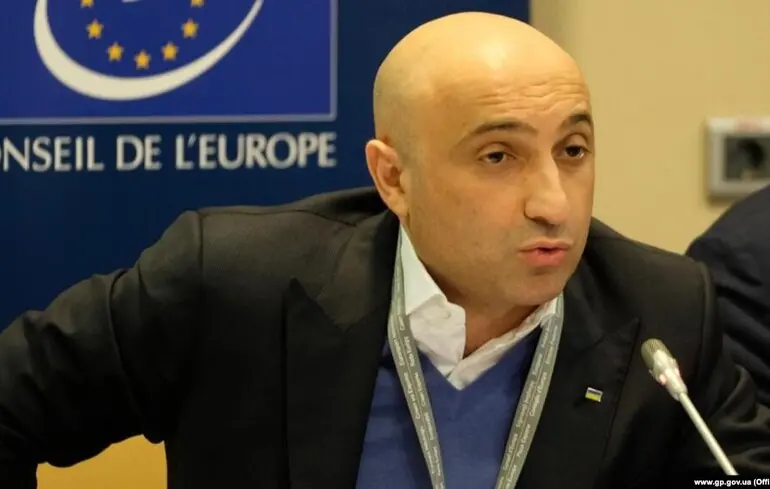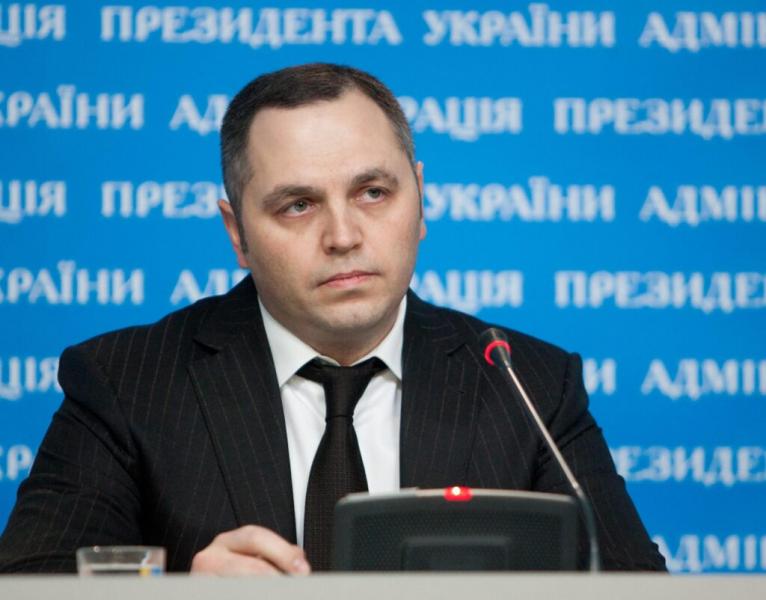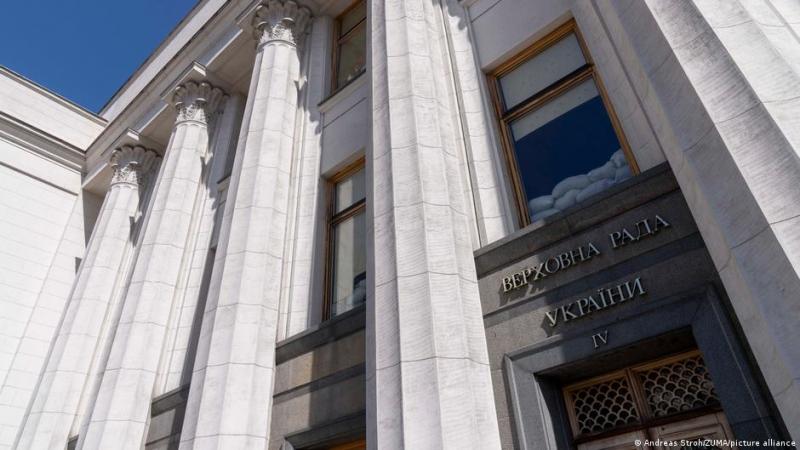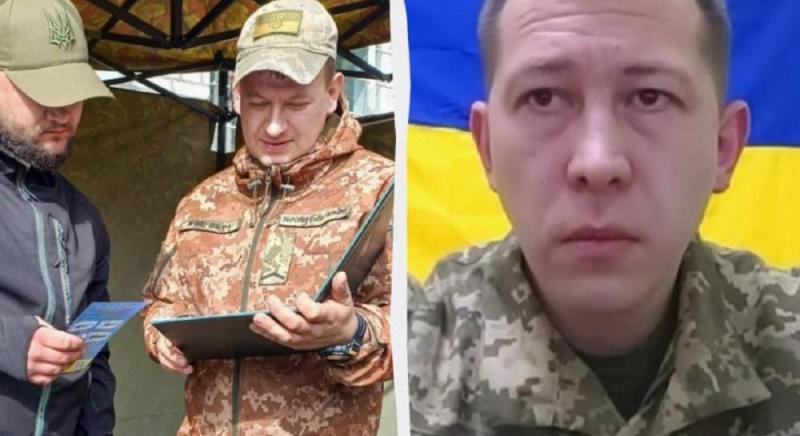Відкриття спеціалізованих установ для утримання під вартою: чи це прояв дискримінації, чи обґрунтована потреба?

В Україні створено 5 спеціальних СІЗО і колоній для екстрадованих чиновників, що розташовані в тилових областях і відремонтовані, повідомляє "Українська правда". Але за фасадом "європейських стандартів" виникає питання: чи не порушує це Конституцію України і Європейську конвенцію з прав людини (ЄКПЛ), які гарантують рівність усіх перед законом?
Зокрема, стаття 3 Європейської конвенції з прав людини забороняє катування та будь-яке нелюдське або таке, що принижує гідність, поводження чи покарання. Хоча в тексті статті не згадуються "умови утримання", Європейський суд з прав людини неодноразово інтерпретував її, зокрема у справах, пов'язаних з Україною, як норму, що зобов'язує держави забезпечувати утримання, яке не порушує гідності, не завдає надмірних страждань і не ставить під загрозу здоров'я ув'язнених. Відомим прикладом є справа "Сукачов проти України".
Реалізація "особливих" умов для певної групи ув'язнених може призвести до виникнення прецеденту подвійних стандартів і дискримінації, на що, без сумніву, звернуть увагу ті, хто перебуває в "звичайних" камерах.
Я піднімав це питання ще на етапі старту проєкту з платними камерами від Міністерства юстиції. Тоді ми разом з Омбудсменом ініціювали позов. Проте ситуація знову повторюється.
Навіть у випадку, коли цього вимагає дипломатичний процес, правова держава не повинна жертвувати своєю стабільністю.
Закон має бути універсальним, інакше він втрачає свою силу.
Establishment of specialized pre-trial detention facilities and correctional institutions: a matter of discrimination or an essential requirement?
In Ukraine, five dedicated pre-trial detention facilities and correctional institutions have been created for officials facing extradition. These centers, situated in remote areas, have undergone renovations, according to Ukrainska Pravda. Nevertheless, beneath the surface of these so-called "European standards," a critical concern emerges: does this practice contravene the Constitution of Ukraine and the European Convention on Human Rights (ECHR), which ensures equal treatment under the law?
Article 3 of the European Convention on Human Rights (ECHR) explicitly prohibits torture as well as inhuman or degrading treatment or punishment. While it does not specifically address "conditions of detention," the European Court of Human Rights has consistently interpreted this article to require that states maintain detention environments that respect human dignity, avoid undue suffering, and safeguard the health of inmates. This principle has been upheld in various cases involving Ukraine, including the notable case of 'Sukachov v. Ukraine'.
Establishing distinct, "special" conditions for a particular group of inmates may pave the way for double standards and bias, potentially leading to grievances from individuals housed in "standard" cells.
I brought up this concern when the paid cell initiative was first launched by the Ministry of Justice of Ukraine. At that moment, I collaborated with the Ombudsman to submit a legal challenge. Unfortunately, it seems that history is repeating itself.
Even if driven by diplomacy, a state governed by the rule of law cannot afford to lose its balance.
For the legal system to remain effective, it must be enforced uniformly across everyone; otherwise, it loses its purpose.










